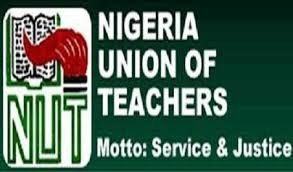
LAST month, students of Obafemi Awolowo University, Ile-Ife, protested hike in fees. Last week, Lagos State University, LASU, students started picketing the Governor’s Office and disrupting traffic in parts of Lagos. University of Port Harcourt students, this week, protested hike in fees. There are other muted cases.
Tuition fees in Ile-Ife were increased from N17, 000 to N100, 000, excluding an acceptance fee of N20, 000 for new students. In LASU, the hike was from N25, 000 to N348,750. Students and their guardians have managed the burden, which is comparable to fees in some private universities. Lagos State Government argues that LASU must be upgraded to an excellent centre of learning. It explained government spent more than N50 billion on LASU in the last five years.
Number of students admitted into LASU is dropping, a reaction to the fees and perennial crisis that engulfs the university. Enrollment dropped 5,917 (2009) to 4,311 (2010). After the 2011 hike in fees, only 1,951 (39.79 per cent) of the 4,903 candidates offered admission enrolled. The figure shrank to 1,119 in 2013.
The university was shut down twice in three years, following students and staff protests over different issues.
A government committee recommended that the fees be reduced to N65, 500 for new students and N46, 500 for existing students. Government has, however, agreed to reduce the fees by as much as 60 percent.
Similar Posts:
Education is a right. University education in state-owned institutions should not be priced beyond the reach of ordinary Nigerians. Decision-makers tend to think everyone is in similar circumstances as they. It is ironic that governments pay N18, 000 as monthly minimum wage, but expect students to pay economic fees. Where would their parents get the money?
Public universities should not compete with private universities for fees. They are the option for those who cannot afford high fees private universities charge.
Most students are from poor homes. Some have withdrawn from school over fees. Governments neglect the role of education in lifting families out of crushing poverty. The argument of policy makers, most of who enjoyed free education, is that education is not cheap anywhere.
We agree, but the solution does not lie in increasing fees. In other climes government provides grants, bursaries and various stipends to cushion the burden on parents. It is not the same here. Also more prudent use of resources would yield results that would save our youth from a futile future.
If our governments cannot provide free education, they should at least provide affordable education to liberate society from the shackles of ignorance. (Vanguard)



